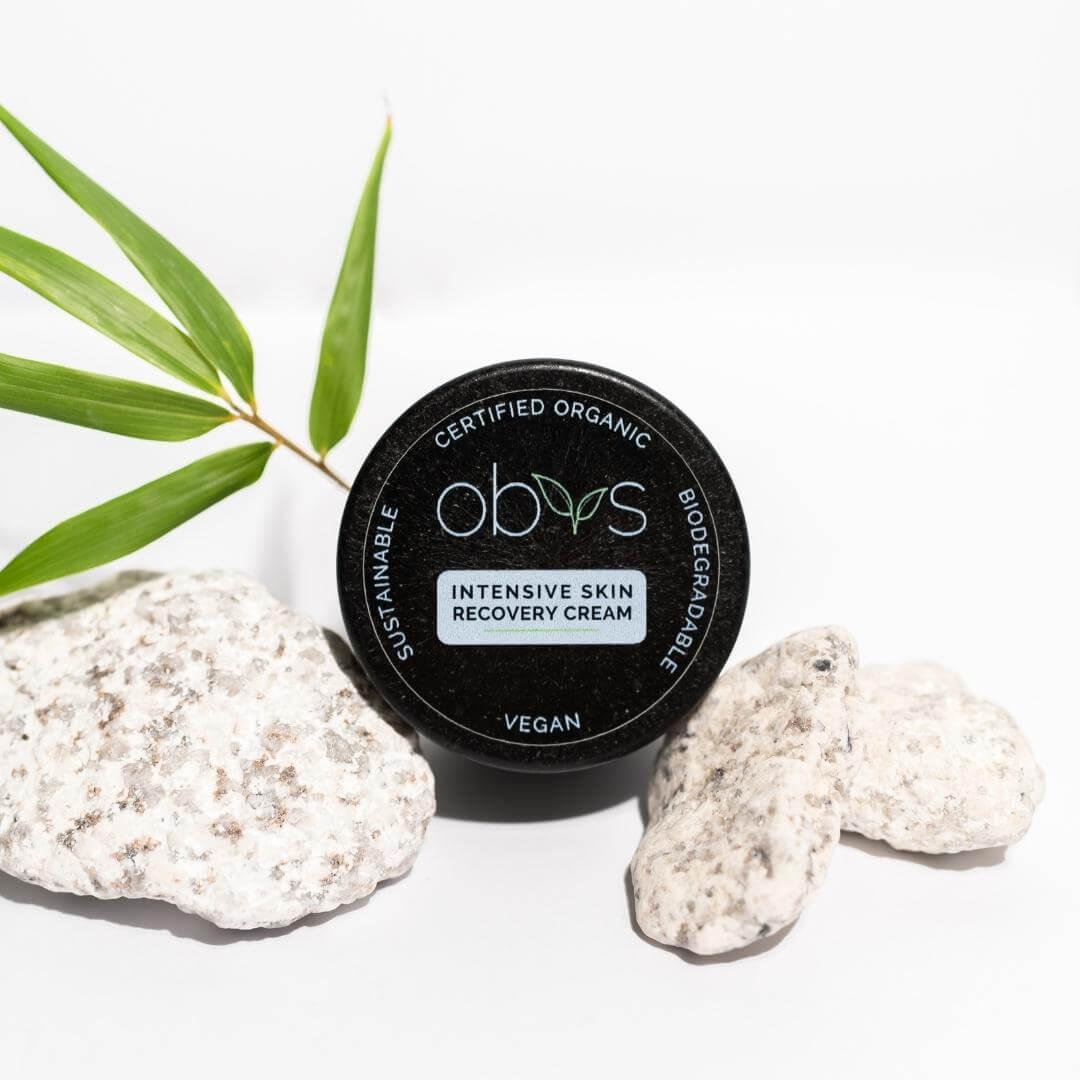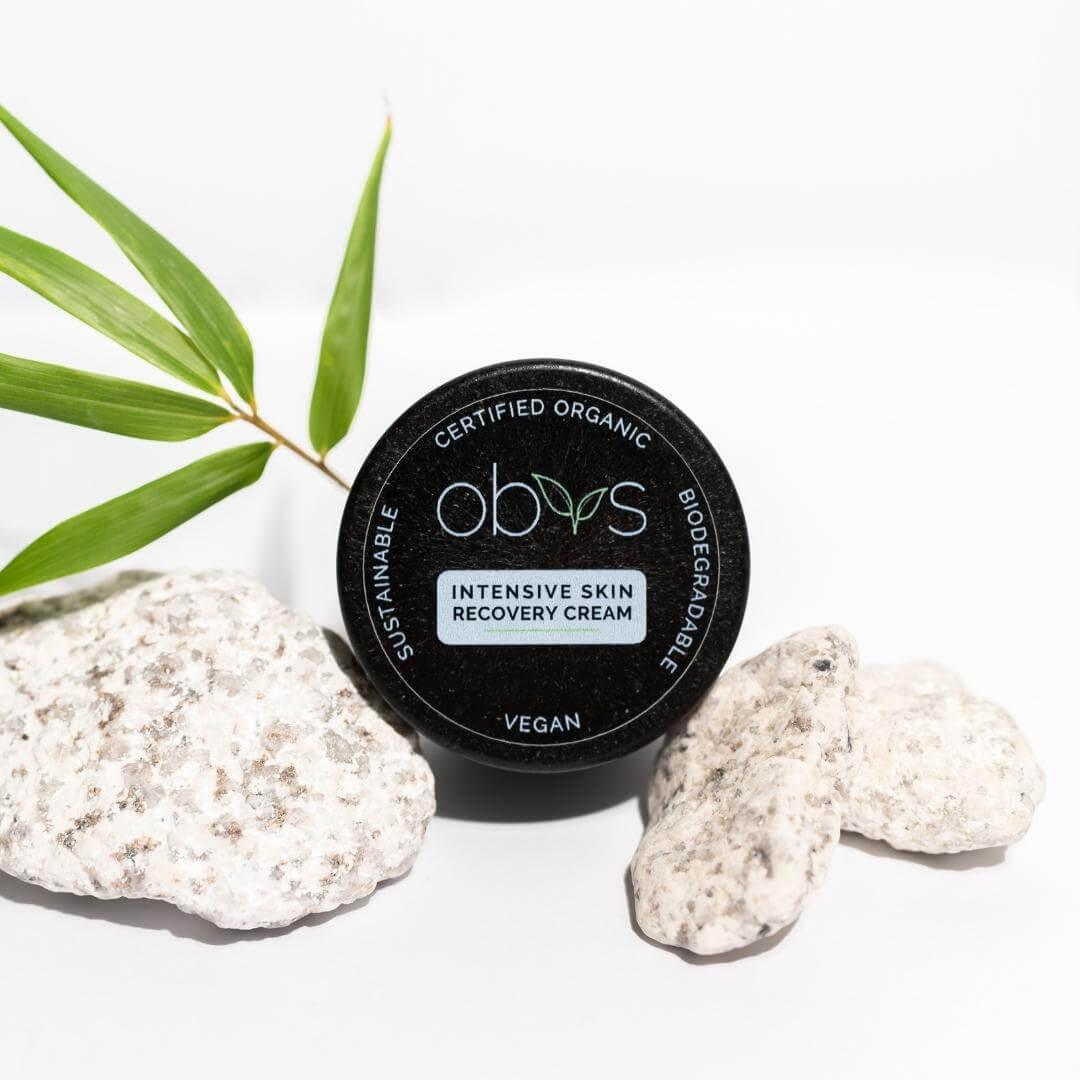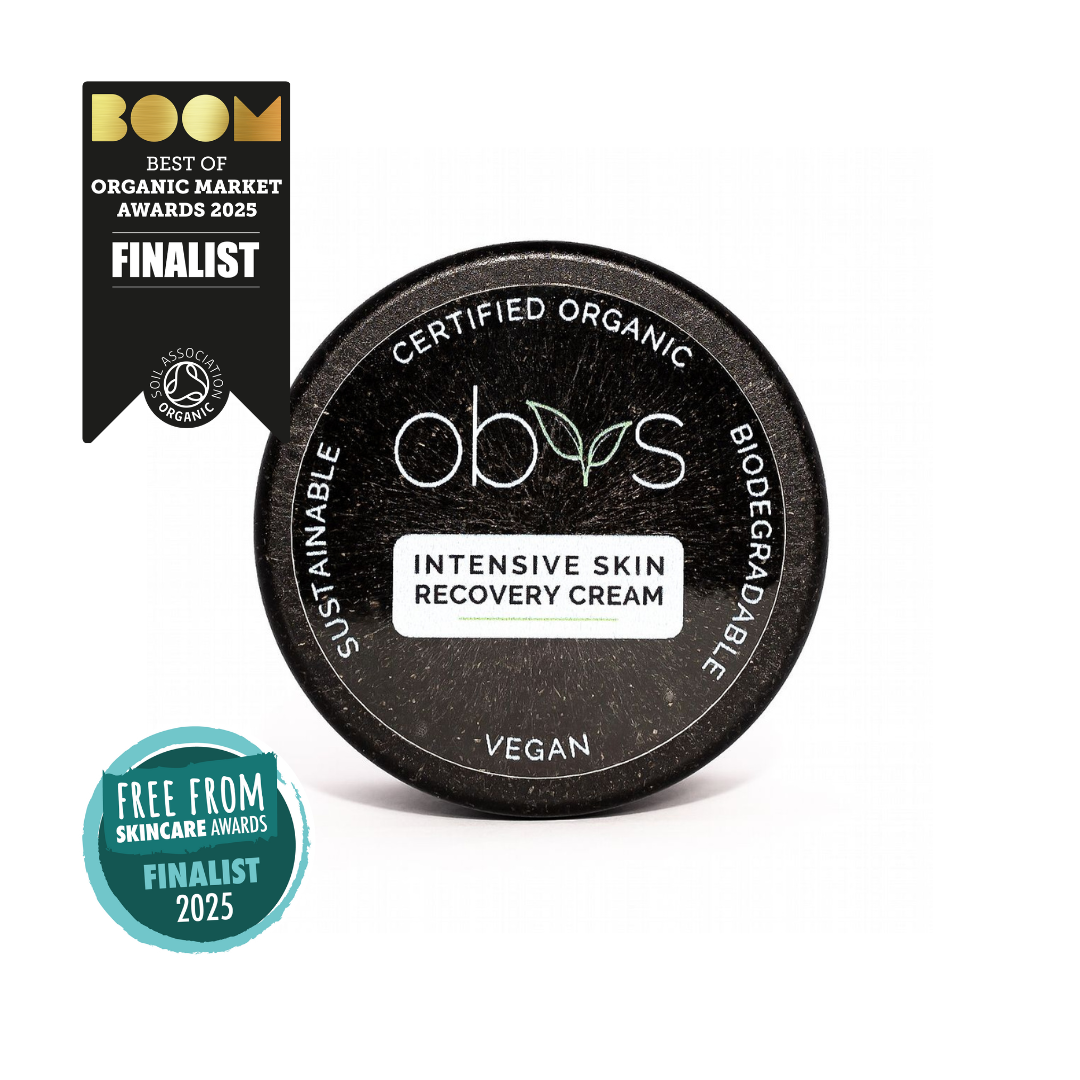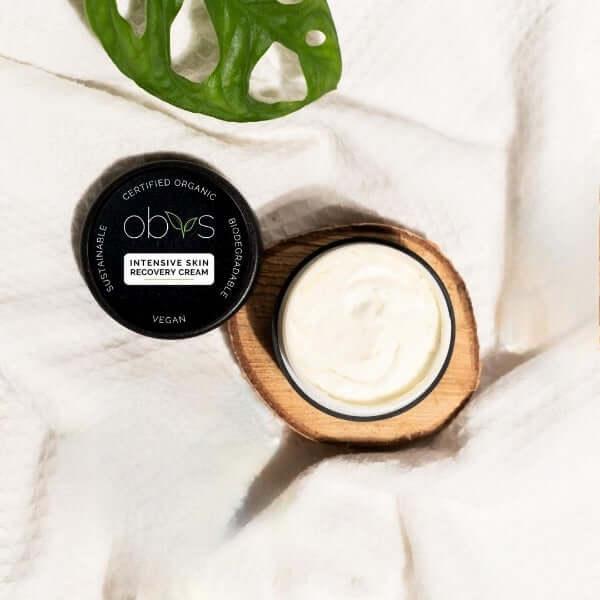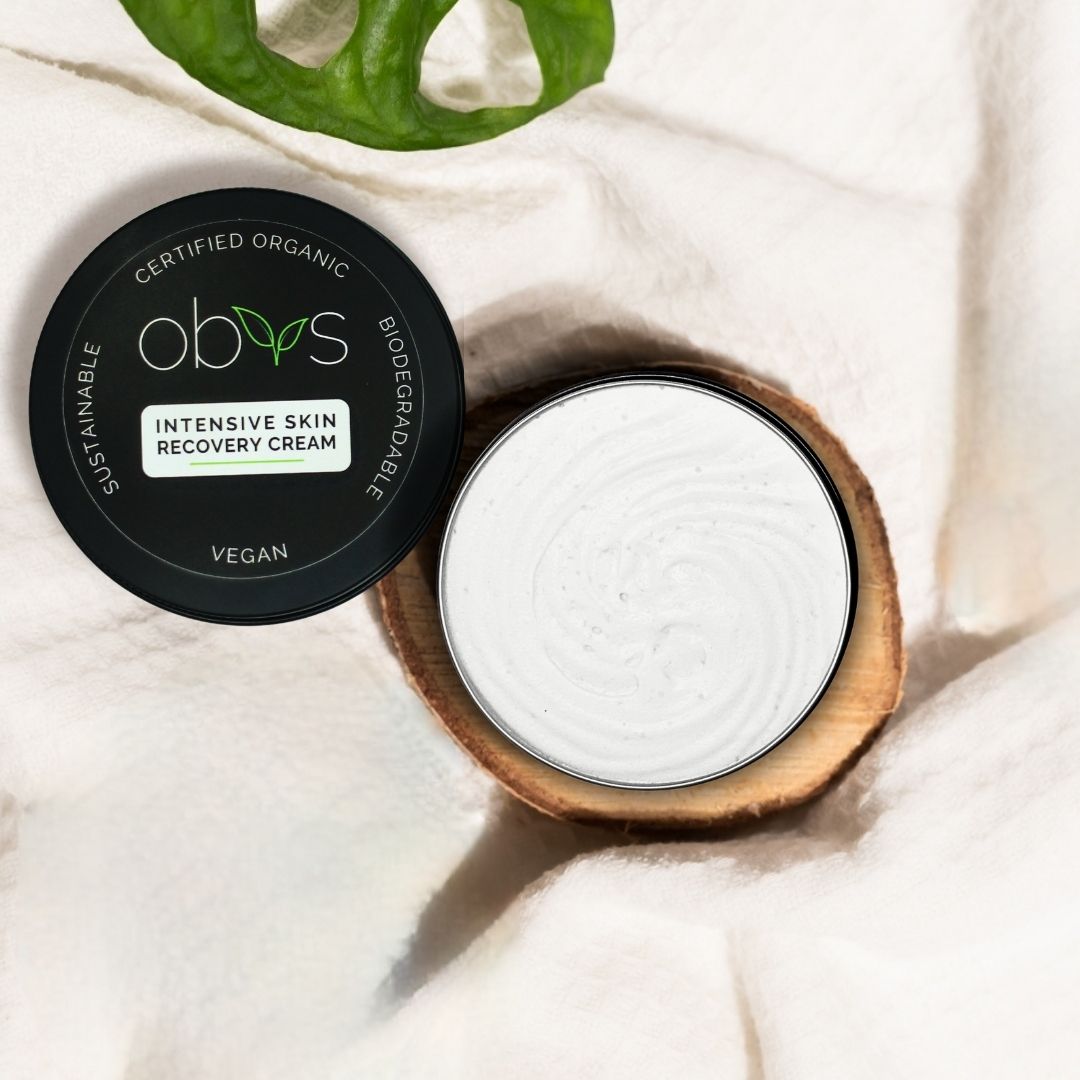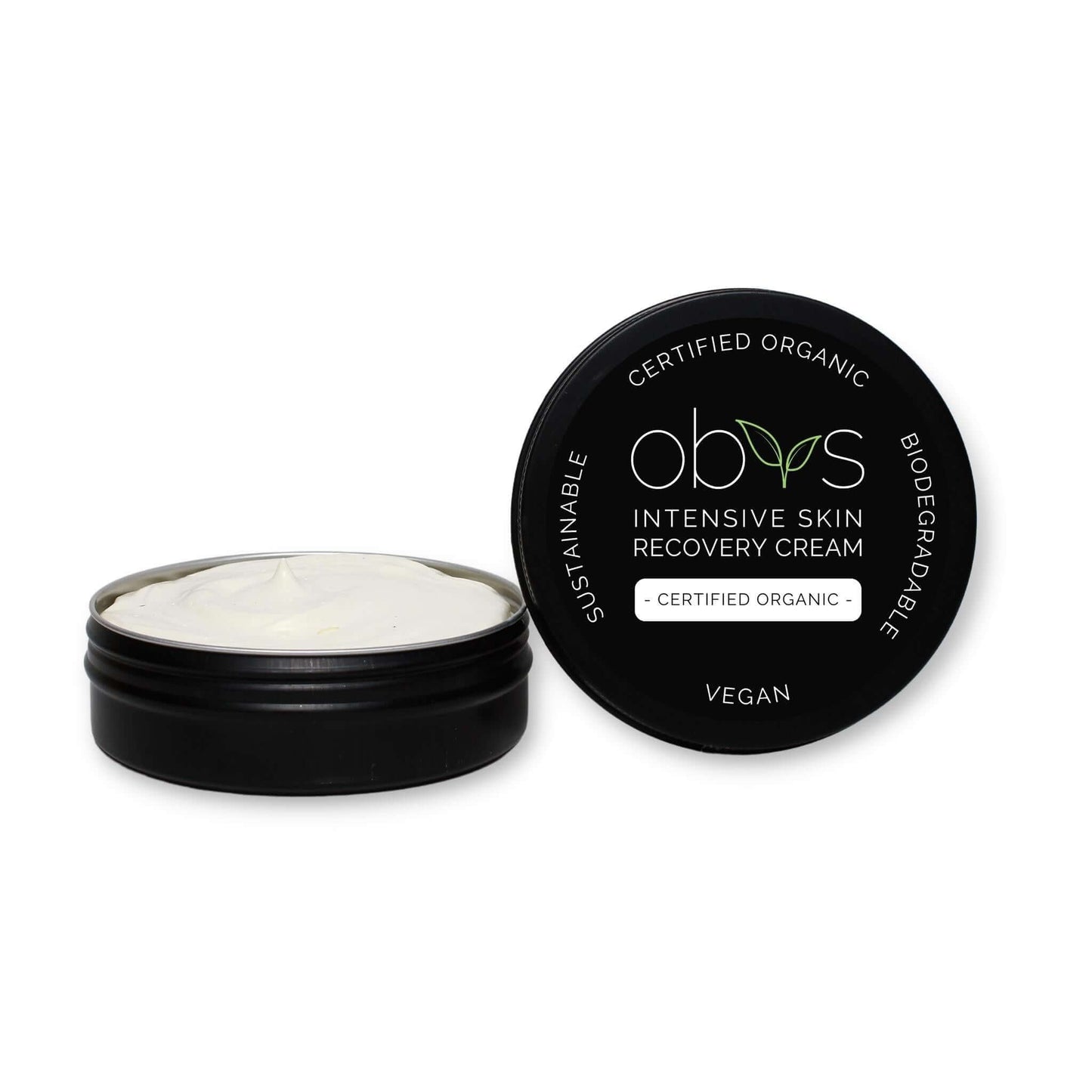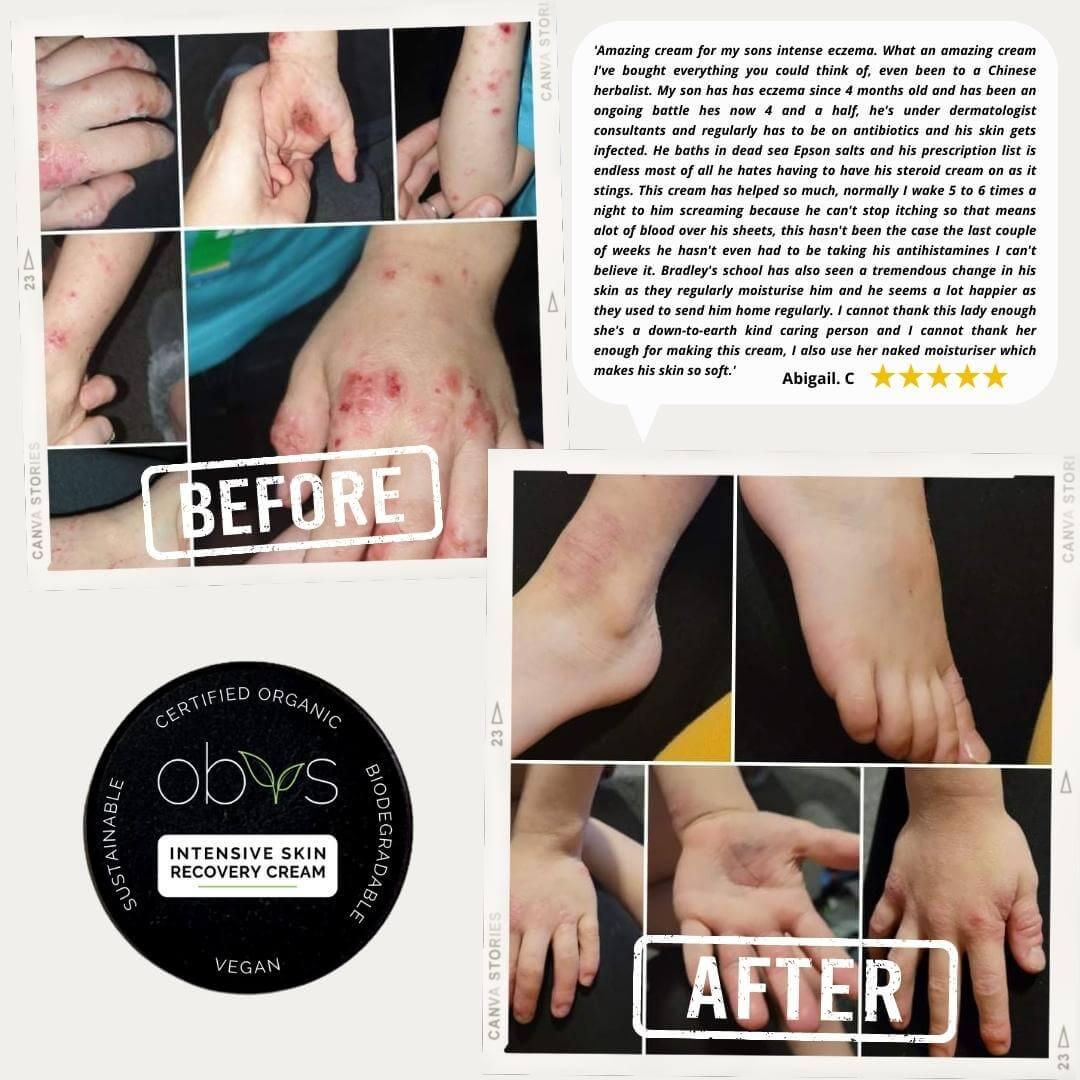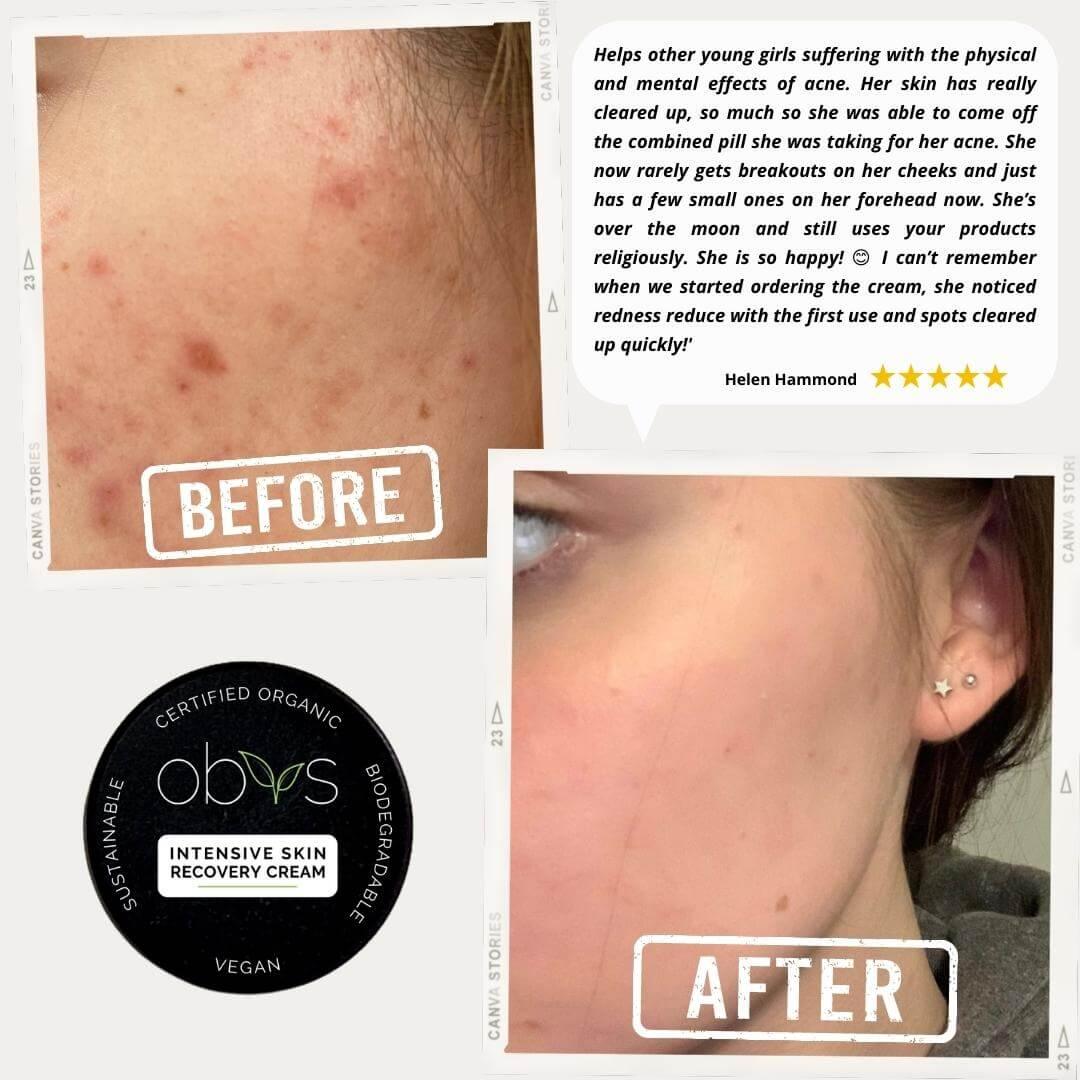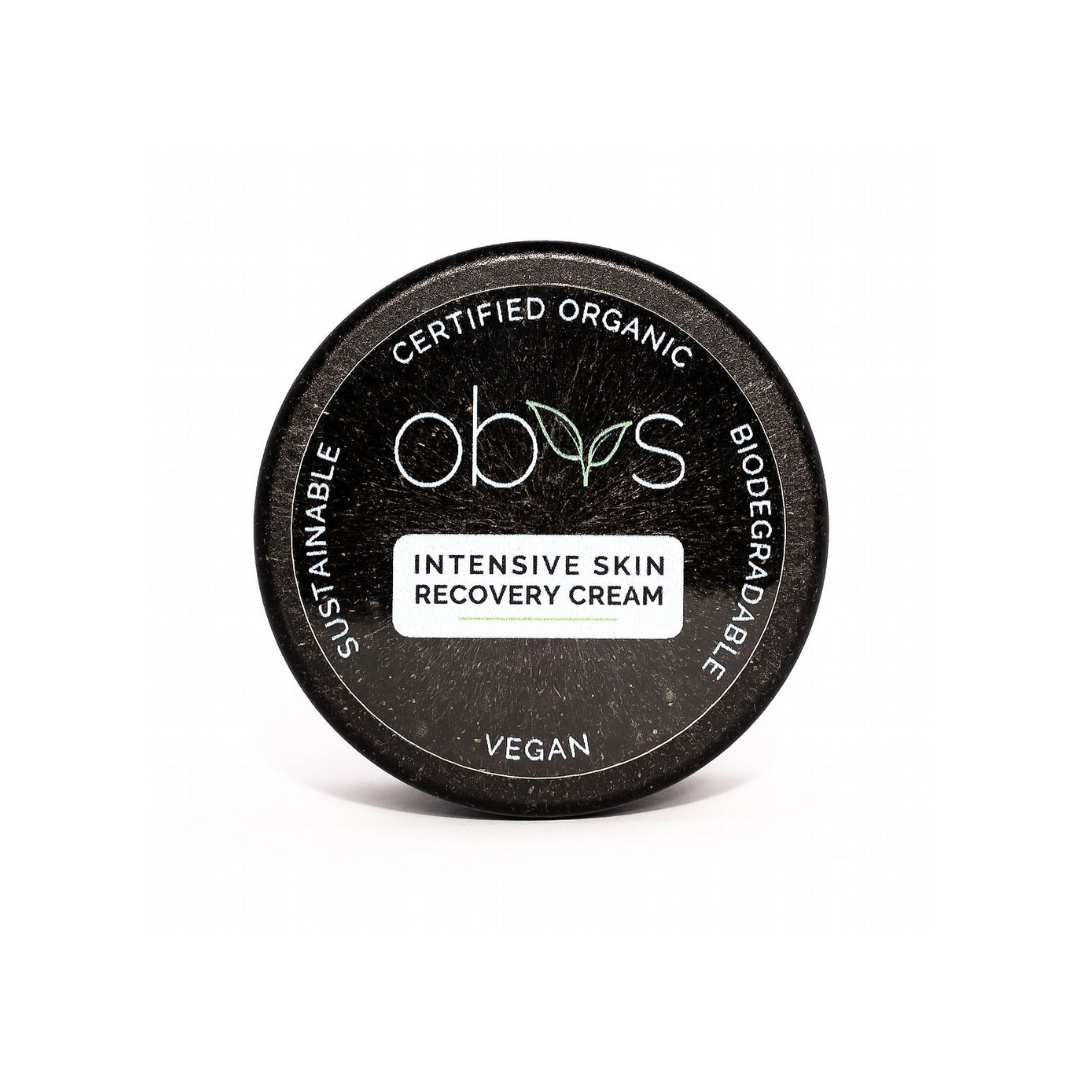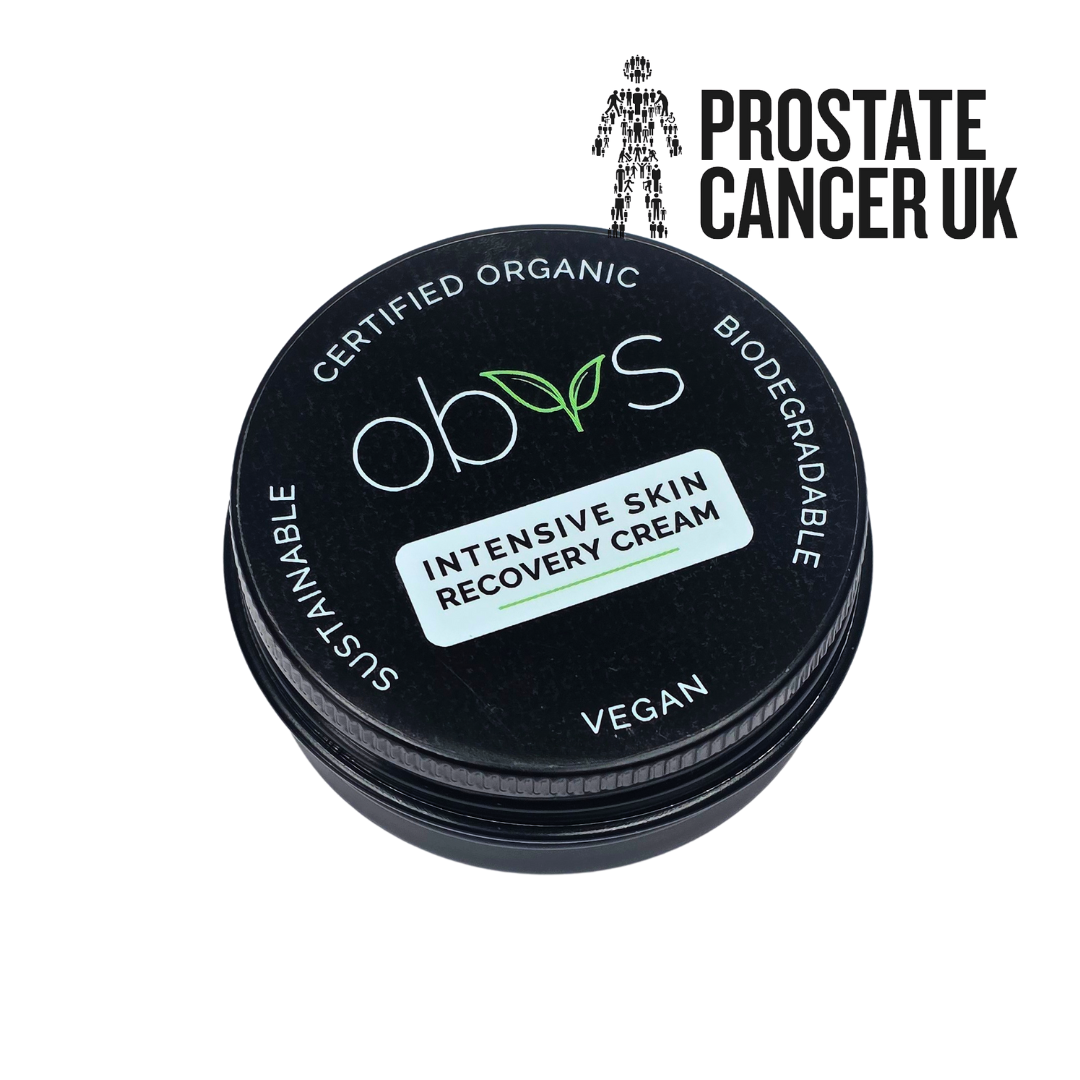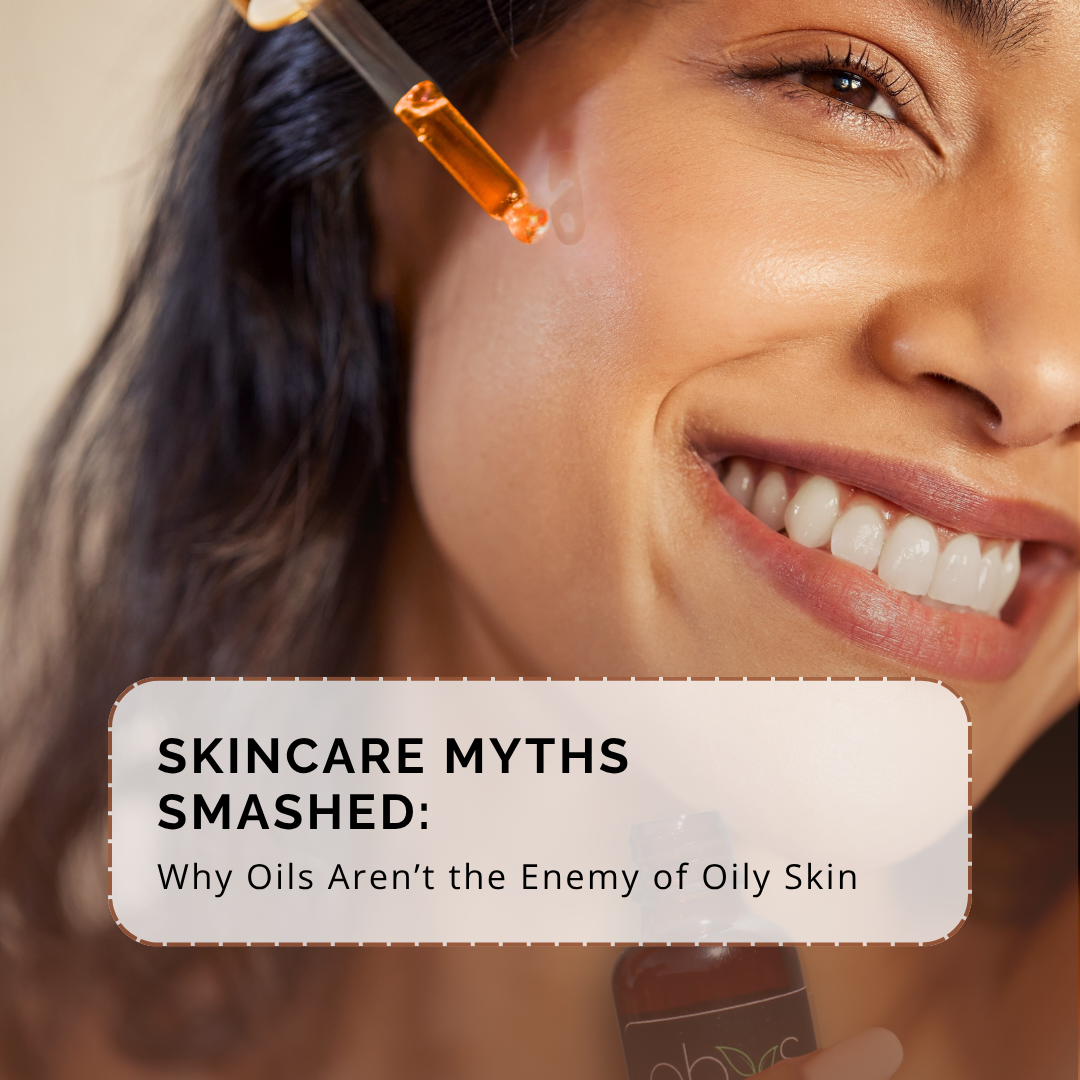
Skincare Myths Smashed: Why Oils Are Your Oily Skin’s New Best Mate
Share
Right, let’s bust a myth that just won’t die. You’ve probably heard the old chestnut: “If you’ve got oily skin, you should steer clear of face oils.” Honestly? That’s nonsense.
I know it sounds logical on the surface – oily skin + oil = more oil, right? Wrong. This myth has been doing the rounds for far too long, and it’s time we clear it up once and for all, with a bit of science (obviously), some no-nonsense common sense, and a healthy dose of reality from someone who’s actually been there.
The Myth: Oils Make Oily Skin Worse
Let’s imagine you’ve had a breakout, or your forehead’s doing its best impression of a disco ball. The knee-jerk reaction? Reach for anything that promises to strip the oil away. I get it – I used to do the same. But here's the problem: stripping your skin can actually make it oilier.
When you use harsh, water-based products that leave your skin squeaky clean (and let’s be honest, a bit sore), your skin panics. It thinks it’s dehydrated and goes into overdrive, producing more oil to compensate. That leads to congestion, breakouts, irritation – basically, all the things you were trying to avoid in the first place.
The Science Bit: Rosehip to the Rescue
Here’s where oils like organic rosehip oil come in. It’s low on the comedogenic scale (a 1, to be precise), meaning it’s highly unlikely to clog your pores. In fact, a study in the Journal of Cosmetic Dermatology (2014) found that oils like rosehip can actually help hydrate skin without causing breakouts.
Rosehip oil is rich in linoleic acid, something that oily and acne-prone skin is often lacking. Research in Clinical, Cosmetic and Investigational Dermatology (2015) found that topping up your skin with this fatty acid can actually help to reduce sebum production and calm inflammation. It’s a bit like telling your skin, “It’s alright, I’ve got this,” and letting it relax instead of constantly playing catch-up.
Why Water-Based Isn’t Always Best
Water-based products have been sold as the answer to oily skin for years. And yes, they can feel lightweight and fresh at first. But if they’re packed with alcohol or surfactants that strip your natural oils, they’ll just trigger more oil production and inflammation. It’s a vicious cycle.
A 2017 study in Dermatologic Therapy confirms it: over-cleansing and over-drying the skin disrupts the barrier, causing redness, breakouts, and increased sensitivity. Lovely.
Why I Love Organic Rosehip Oil
Now, I don’t put anything on my skin unless I’ve looked at the science, tested it myself, and made sure it fits in with my ethos of being kind to both people and planet. And rosehip oil ticks all the boxes:
Non-comedogenic (rating of 1): So it won’t clog your pores.
High in linoleic acid: Helps regulate oil production and calm angry skin.
Packed with antioxidants and vitamin C: Think brightening, soothing, anti-ageing – all rolled into one.
Backed by studies: Reduces scarring, pigmentation, and fine lines while strengthening the skin barrier.
Basically, it’s like a facial in a bottle – minus the faff.
How to Use It
It’s simple. After cleansing (please, nothing foaming or alcohol-heavy), apply a few drops of organic rosehip oil straight to damp skin, or mix it into your moisturiser. You only need a tiny bit – don’t drown your face in it. Use it morning or night, or both, and let it do its thing.
It sinks in quickly, doesn’t leave you greasy, and won’t make you break out. Quite the opposite, actually.
Where to Buy It?
Just click here or the photo below.
Final Thoughts
Oils aren’t the enemy – the wrong oils, the wrong routines, and years of bad advice are. So, if you’ve been scared off oils because someone on TikTok said they’re a disaster for oily skin, take a step back and look at the science. Your skin doesn’t need to be stripped within an inch of its life to be healthy – it needs balance, nourishment, and a bit of support.
Still not sure if it’s right for you? Drop me a message. I read them all. Let’s smash the myths together.
References:
Phetcharat, L., Wongsuphasawat, K., & Winther, K. (2015). The effectiveness of a standardized rosehip powder, containing seeds and shells of Rosa canina, on skin aging and elasticity. Clinical, Cosmetic and Investigational Dermatology, 8, 363–368.
Lin, T. K., Zhong, L., & Santiago, J. L. (2017). Anti-inflammatory and skin barrier repair effects of topical application of some plant oils. Dermatologic Therapy, 30(6), e12547.
Vaughn, A. R., Clark, A. K., Sivamani, R. K., & Shi, V. Y. (2018). Natural oils for skin-barrier repair: Ancient compounds now backed by modern science. Phytotherapy Research, 32(2), 169–177.
Baumann, L. (2014). Cosmeceutical critique: Rosehip oil. Journal of Cosmetic Dermatology, 13(4), 324–326.


